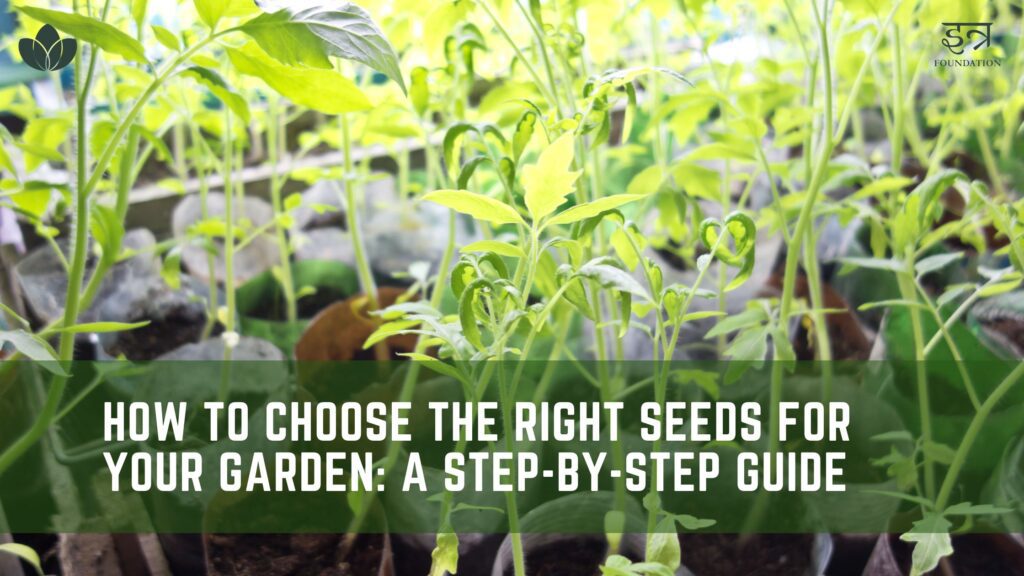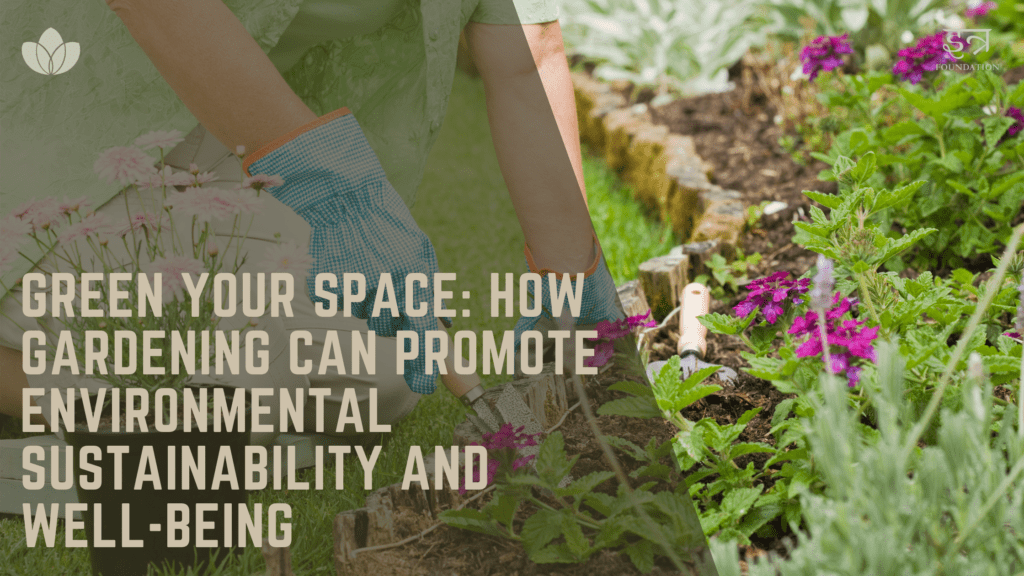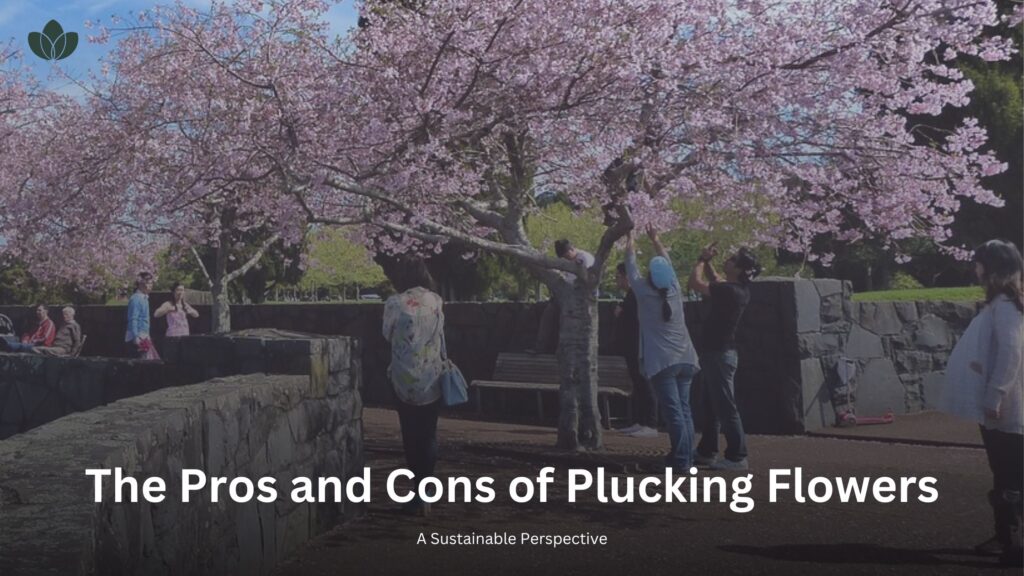Choosing the right seeds is a crucial step in ensuring a successful garden. Not all seeds are created equal and different plants have different needs. By choosing the right seeds for your growing conditions, you can increase your chances of a bountiful harvest and save yourself time, money and frustration. Growing your own plants from seeds also has numerous benefits, including more control over the growing process, access to a wider variety of plants and the satisfaction of watching your garden grow from the very beginning. In this article, we will provide a step-by-step guide to choosing the best seeds for your garden, including information on heirlooms and open-pollinated varieties.
Assess Your Growing Conditions
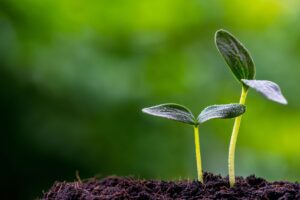
Assessing your growing conditions is a critical step in choosing the right seeds for your garden. Understanding the climate, soil type and amount of sunlight your garden receives is essential in selecting seeds that will thrive in your environment. For example, some plants prefer cooler temperatures, while others need more heat to grow. The type of soil in your garden can also impact the success of your plants, with some seeds requiring specific soil conditions to germinate and grow. Observing the patterns of sunlight in your garden is also crucial, as some plants require more or less sunlight than others. One way to assess your growing conditions is to use soil tests, which can provide information on pH levels and nutrient content. By taking the time to assess your growing conditions, you can select seeds that are well-suited to your environment, resulting in a healthier and more abundant garden.
Choose the Right Seed Varieties
When it comes to selecting seed varieties for your garden, it’s important to understand the differences between hybrid, heirloom and open-pollinated seeds. Hybrid seeds are created by crossing two different varieties to produce plants with specific characteristics, such as disease resistance or higher yields. Heirloom seeds, on the other hand, are seeds that have been passed down through generations and are open-pollinated. This means they are pollinated by natural means, such as wind or insects and produce offspring that are similar to the parent plant. Open-pollinated seeds are similar to heirloom seeds but are not necessarily old varieties. Each type of seed has its own advantages and disadvantages. Hybrid seeds tend to be more uniform and may have specific desirable traits, but they are also more expensive and do not produce seeds that can be saved for future plantings. Heirloom and open-pollinated seeds, on the other hand, can be saved and replanted year after year, but they may be less uniform and more susceptible to disease or pests. To choose the right seed varieties, consider your growing conditions and gardening goals. If you have a short growing season or limited space, hybrid seeds may be a good option for their reliable performance. If you’re interested in preserving older plant varieties and producing seeds for future plantings, heirloom or open-pollinated seeds may be a better choice. It’s also important to choose seed varieties that are well-suited to your climate and soil type, as well as any specific growing challenges you may face. Research different seed catalogs and consult with local gardening experts to find the best seed varieties for your needs.
Consider Seed Quality

When it comes to gardening, the quality of your seeds plays a crucial role in the success of your plants. Poor-quality seeds can lead to stunted growth, low yields, and disease susceptibility. Here are some tips to help you choose the best quality seeds:
- Importance of Seed Quality: The quality of seeds determines the health and vigor of your plants. High-quality seeds have better germination rates, more disease resistance and produce stronger plants.
- Assess Seed Quality: Before you purchase seeds, check the seed packet for the germination rate. The germination rate indicates the percentage of seeds that will sprout under ideal conditions. You can also conduct a simple germination test by placing a few seeds between damp paper towels to see how many sprout.
- Seed Packets: Seed packets contain important information such as planting instructions, growing conditions and expiration dates. Be sure to read the packet carefully before making your selection. Hybrid, Heirloom, and Open-pollinated Seeds: Hybrid seeds are the result of cross-pollination between two different plant varieties.
They are often chosen for their disease resistance and high yields but cannot be saved for future use. Heirloom seeds are passed down through generations and have unique characteristics, flavors, and histories. They can be saved and used for future plantings. Open-pollinated seeds are pollinated naturally by wind, insects, or birds and can be saved for future plantings. Storing Seeds: Proper seed storage is crucial for maintaining seed viability. Store seeds in a cool, dry place such as a refrigerator or freezer to extend their lifespan. Be sure to label the seeds with the date and variety for future reference.
Find Reliable Seed Sources
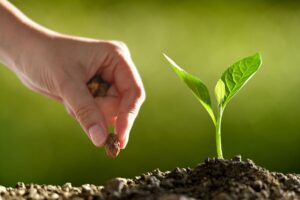
Finding reliable seed sources is crucial for ensuring the quality and success of your garden. Here are some tips for finding reputable seed companies and avoiding common seed scams:
- Research seed companies: Look for seed companies with a long history of selling high-quality seeds. You can read reviews online, ask for recommendations from other gardeners, or check with your local garden center.
- Choose organic and non-GMO seeds: Organic and non-GMO seeds are free from harmful chemicals and genetically modified organisms. Look for seed companies that specialize in these types of seeds.
- Beware of seed scams: Be cautious of seed companies that make outrageous claims or offer seeds at prices that are too good to be true. These could be scams or low-quality seeds.
- Check for seed certification: Seeds that are certified organic or non-GMO have undergone rigorous testing and inspection to ensure their quality.
- Read seed catalogs and websites carefully: Take the time to read seed catalogs and websites carefully, paying attention to seed descriptions, germination rates, and planting instructions. This will help you choose the right seeds for your garden.
By following these tips, you can find reliable seed sources and choose the best seeds for your garden.
In conclusion, choosing the right seeds for your garden is crucial for a successful and bountiful harvest. Assessing your growing conditions, choosing the right seed varieties, considering seed quality and finding reliable seed sources are all important factors to consider when selecting seeds for your garden. By taking the time to research and choose the best seeds for your needs, you can enjoy the benefits of growing your own plants from seeds, including cost savings, increased variety, and the satisfaction of growing your own food. So, whether you are a seasoned gardener or a beginner, take the time to choose the right seeds for your garden and watch your plants thrive!


